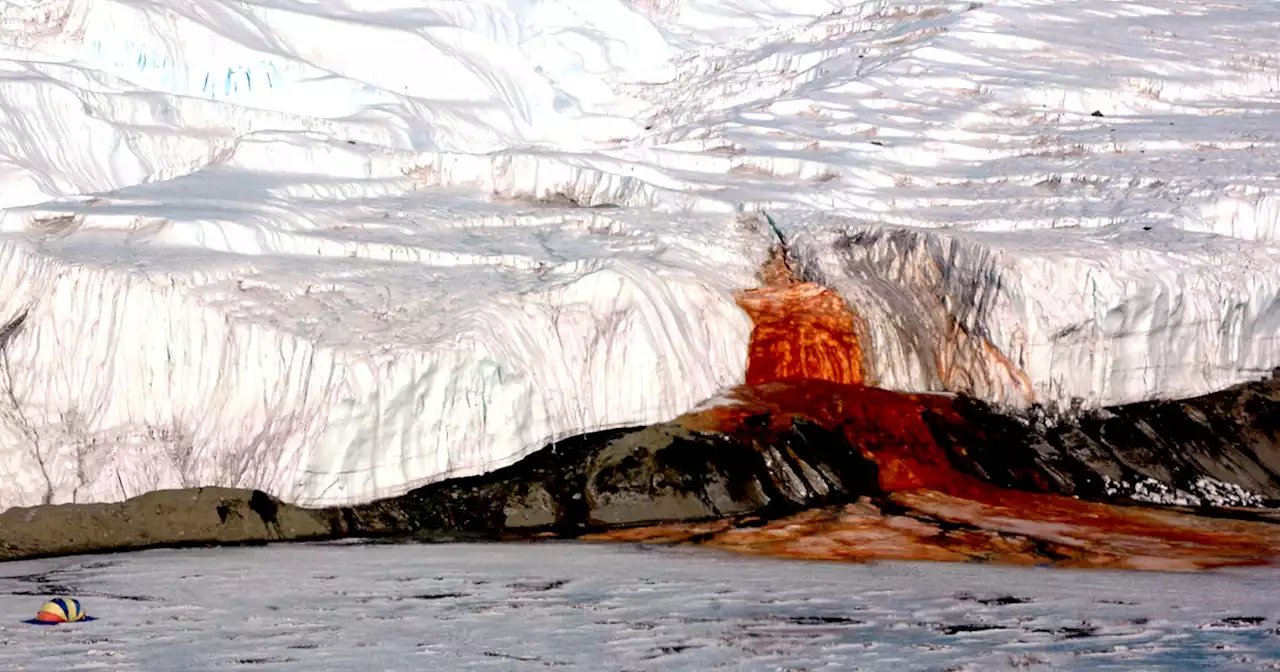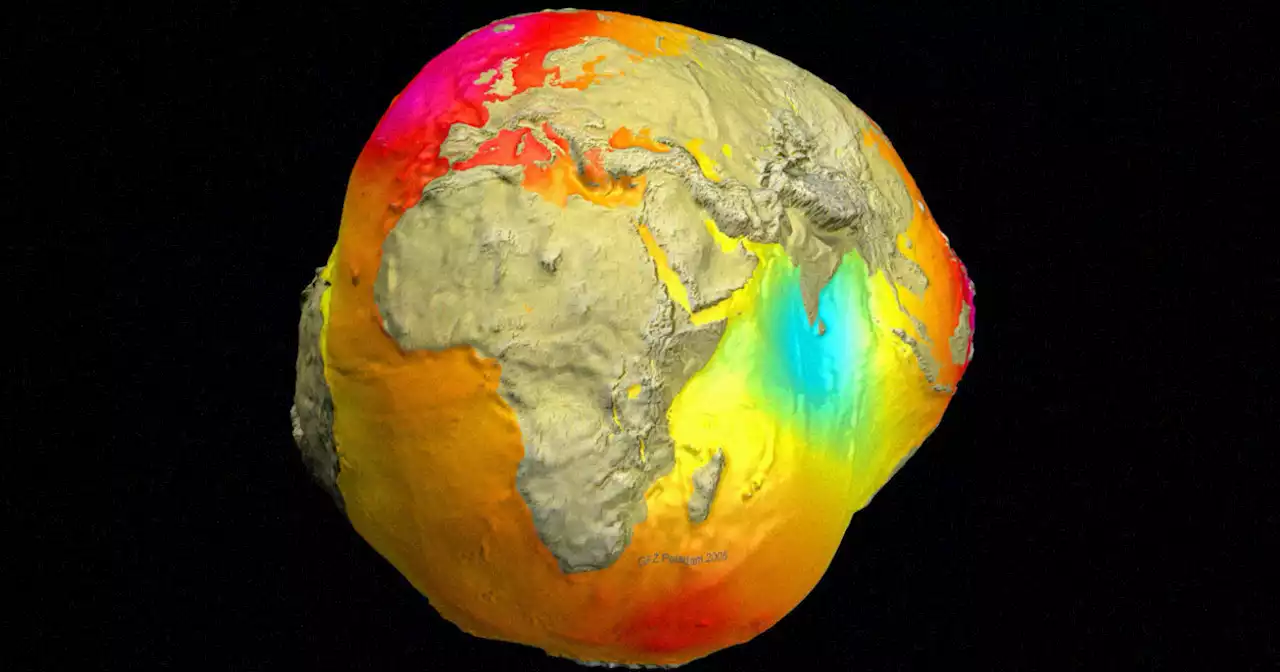Megalodon, one of the most fearsome sharks that ever lived, wasn’t the cold-blooded killer it’s made out to be — at least not literally.
Editor’s note: Sign up for CNN’s Wonder Theory science newsletter. Explore the universe with news on fascinating discoveries, scientific advancements and more. Through an analysis of fossilized megalodon teeth, scientists have discovered the extinct shark was partially warm-blooded, with a body temperature around 7 degrees Celsius warmer than estimated seawater temperatures at the time, according to a study published last week in the journal Proceedings of the National Academy of Sciences.
Being warm-blooded may have been one of the key drivers fueling megalodons’ massive size and overall prowess as predators, according to senior study author Kenshu Shimada, a paleobiologist at DePaul University in Chicago. “A large body promotes efficiency in prey capture with wider spatial coverage, but it requires a lot of energy to maintain,” Shimada said in an email.
Malaysia Latest News, Malaysia Headlines
Similar News:You can also read news stories similar to this one that we have collected from other news sources.
 Russia After the Rebellion - CNN One Thing - Podcast on CNN AudioMore than a week after the aborted Wagner rebellion, it’s unclear what comes next for Russia and President Vladimir Putin. The eventual fate of Wagner boss Yevgeny Prigozhin is also murky after striking a deal with Belarus to end the insurrection. In today’s episode, we head to Moscow to get a view from the ground and examine what the greatest challenge to Putin’s leadership in decades says about his military’s performance in Ukraine. Guest: Matthew Chance, CNN Senior International Correspondent
Russia After the Rebellion - CNN One Thing - Podcast on CNN AudioMore than a week after the aborted Wagner rebellion, it’s unclear what comes next for Russia and President Vladimir Putin. The eventual fate of Wagner boss Yevgeny Prigozhin is also murky after striking a deal with Belarus to end the insurrection. In today’s episode, we head to Moscow to get a view from the ground and examine what the greatest challenge to Putin’s leadership in decades says about his military’s performance in Ukraine. Guest: Matthew Chance, CNN Senior International Correspondent
Read more »
 Scientists Intrigued by Glacier Bleeding Red FluidFor over 100 years, scientists have been puzzling over a blood-red liquid seeping out of a glacier in Antarctica. Until now.
Scientists Intrigued by Glacier Bleeding Red FluidFor over 100 years, scientists have been puzzling over a blood-red liquid seeping out of a glacier in Antarctica. Until now.
Read more »
 Scientists Intrigued by 'Gravity Hole' at Bottom of OceanBelow the Indian Ocean, there's a giant 'gravity hole' over one million square miles in size. Scientists may have figured out why it exists.
Scientists Intrigued by 'Gravity Hole' at Bottom of OceanBelow the Indian Ocean, there's a giant 'gravity hole' over one million square miles in size. Scientists may have figured out why it exists.
Read more »
 Scientists urge caution on taking calcium supplements: New research reveals potential risksCalcium is an important mineral for maintaining strong bones. But if you're considering taking a calcium supplement, researchers warn there can be risks.
Scientists urge caution on taking calcium supplements: New research reveals potential risksCalcium is an important mineral for maintaining strong bones. But if you're considering taking a calcium supplement, researchers warn there can be risks.
Read more »
 How to train early-career scientists to weather failureWorkshops and training programmes tackle failure and how to recover from it.
How to train early-career scientists to weather failureWorkshops and training programmes tackle failure and how to recover from it.
Read more »
